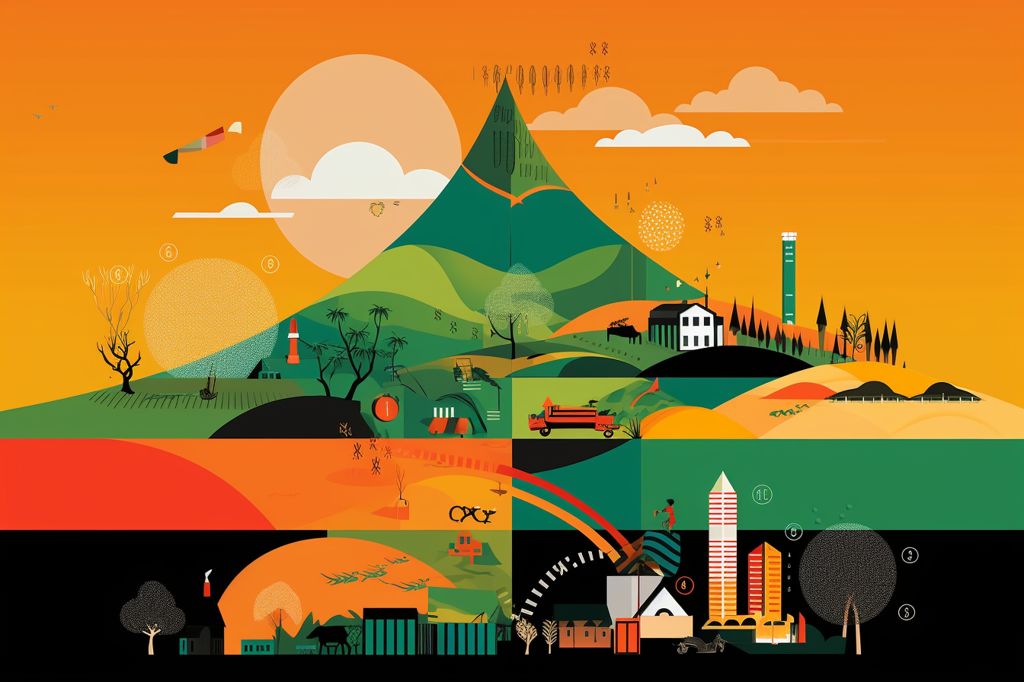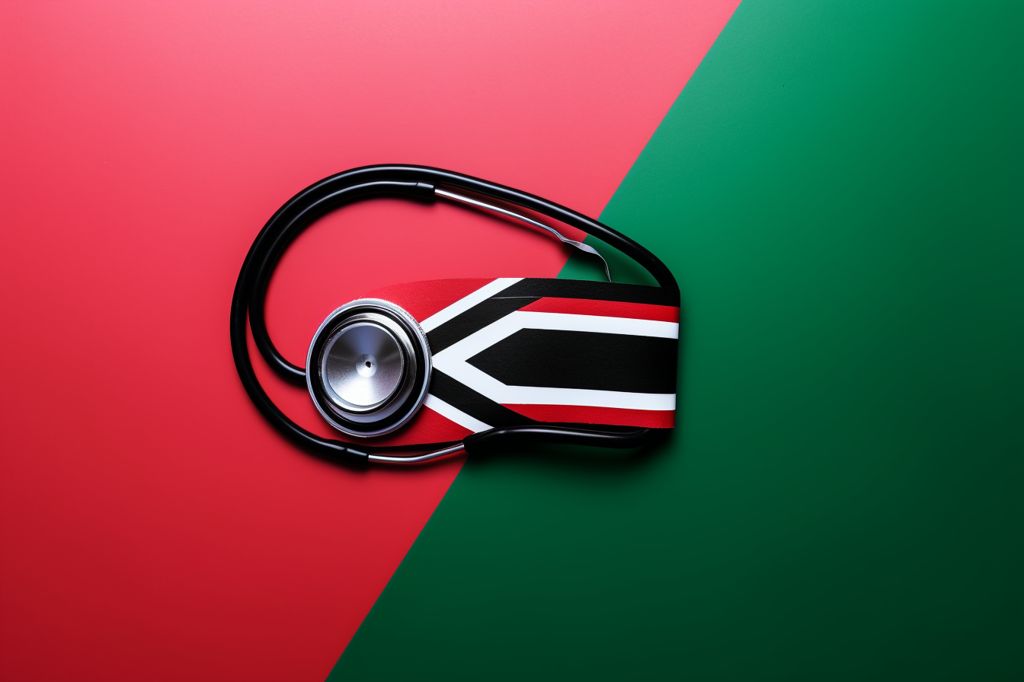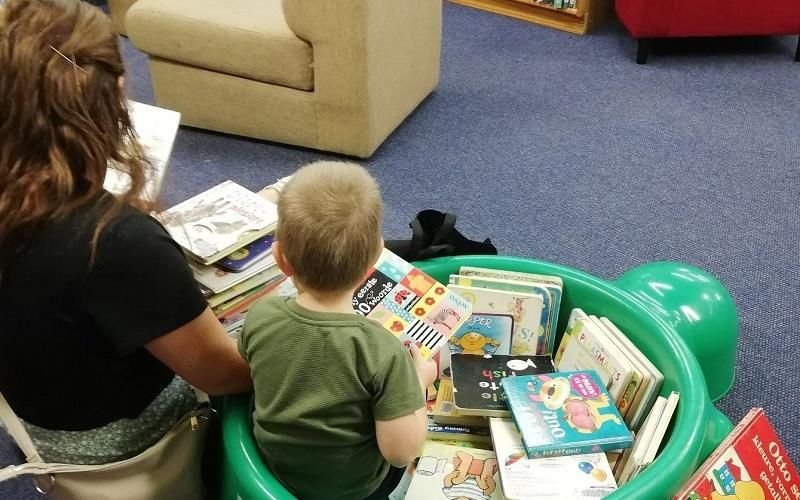The South African National Treasury, in partnership with the Human Sciences Research Council, has unveiled its latest initiative, the Spatial Economic Activity Data: South Africa (SEAD-SA). This trailblazing project aims to bridge the gap between the local economies of cities and the broader economic landscape of the country by leveraging tax and administrative data sources.
Granular Spatial Data for More Informed Urban Planning
SEAD-SA is the first-ever initiative in South Africa’s history to provide comprehensive spatial data that can help policymakers and urban planners make more informed decisions. This data is crucial for addressing policy, research, and planning questions related to urbanization, territorial disparities, uneven development, and economic conditions at various levels.
Launching Cities Economic Outlook Report and Interactive Spatial Tax Portal
Mr. Enoch Godongwana, the Minister of Finance, delivered the keynote address during the launch on June 19, 2023. The event featured the introduction of the Cities Economic Outlook report and an interactive spatial tax portal, demonstrating the significance of SEAD-SA in the realm of policymaking and urban planning.
Harnessing the Power of Granular Data for Equitable Growth
SEAD-SA’s granular data is essential for understanding the economic dynamics of different regions and tracking their progress over time. By ensuring equitable and sustainable growth, SEAD-SA can facilitate more informed decision-making and targeted interventions for communities across the country.
Addressing Issues of Uneven Development
SEAD-SA’s granular data can help policymakers identify areas that require additional support or assistance to promote equitable growth. This data has the potential to address issues of uneven development within South Africa and ensure that resources are allocated in the most efficient and effective manner possible.
Shedding Light on Urbanization Challenges
SEAD-SA’s granular data can shed light on pressing issues related to urbanization, such as the provision of public services and infrastructure development. By gaining a better understanding of the specific needs and challenges faced by different regions, policymakers can develop tailored solutions to tackle these issues head-on.
Unlocking New Insights for a More Inclusive Society
SEAD-SA is a testament to the South African government’s commitment to leveraging data to promote a more inclusive and prosperous society. As this initiative continues to evolve, it holds the promise of unlocking new insights and opportunities for growth across the country.
The introduction of SEAD-SA marks a significant step forward for South Africa in its quest for a more equitable and prosperous future. By harnessing the power of granular spatial data, SEAD-SA allows policymakers, urban planners, and researchers to make more informed decisions and develop targeted interventions that address unique regional challenges. This innovative approach to economic data serves as an inspiring example for other nations seeking to promote sustainable development and social inclusion.








